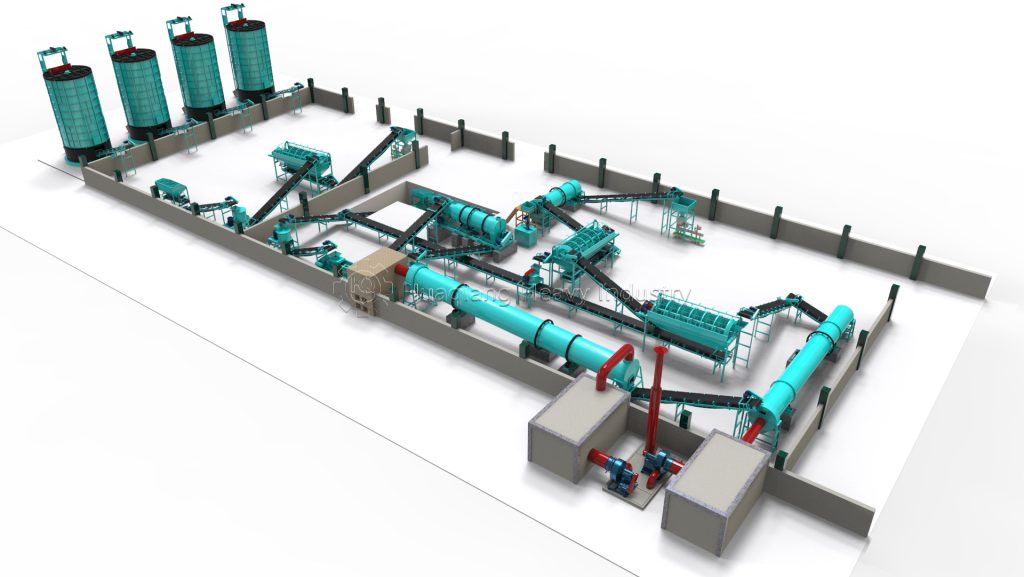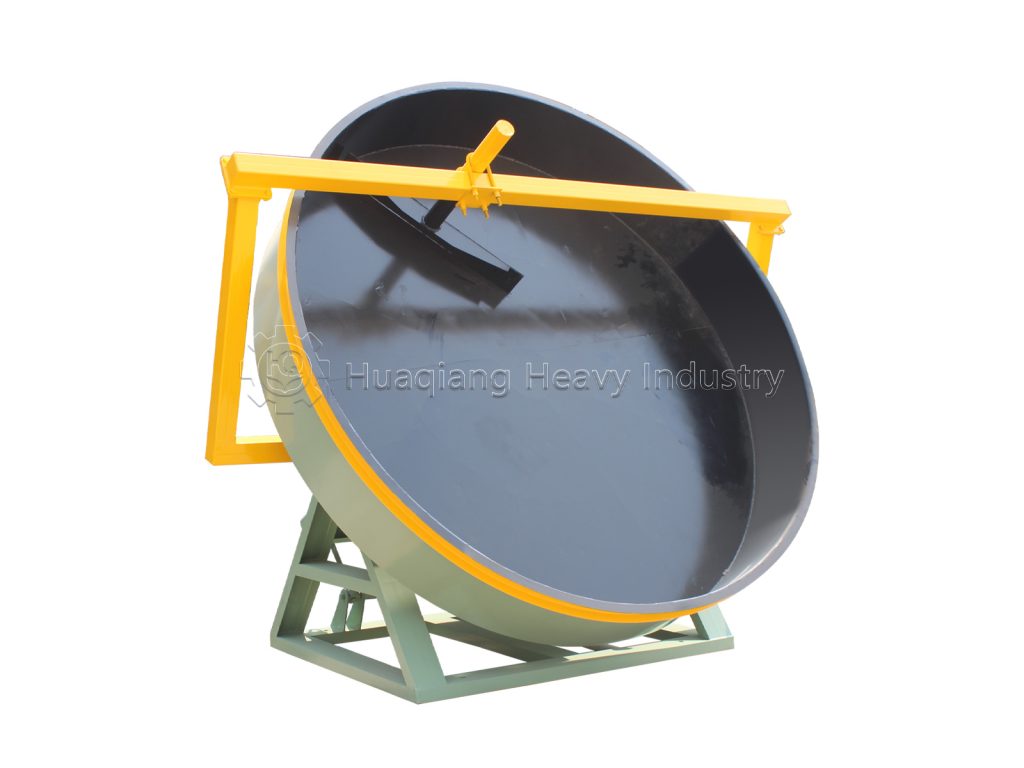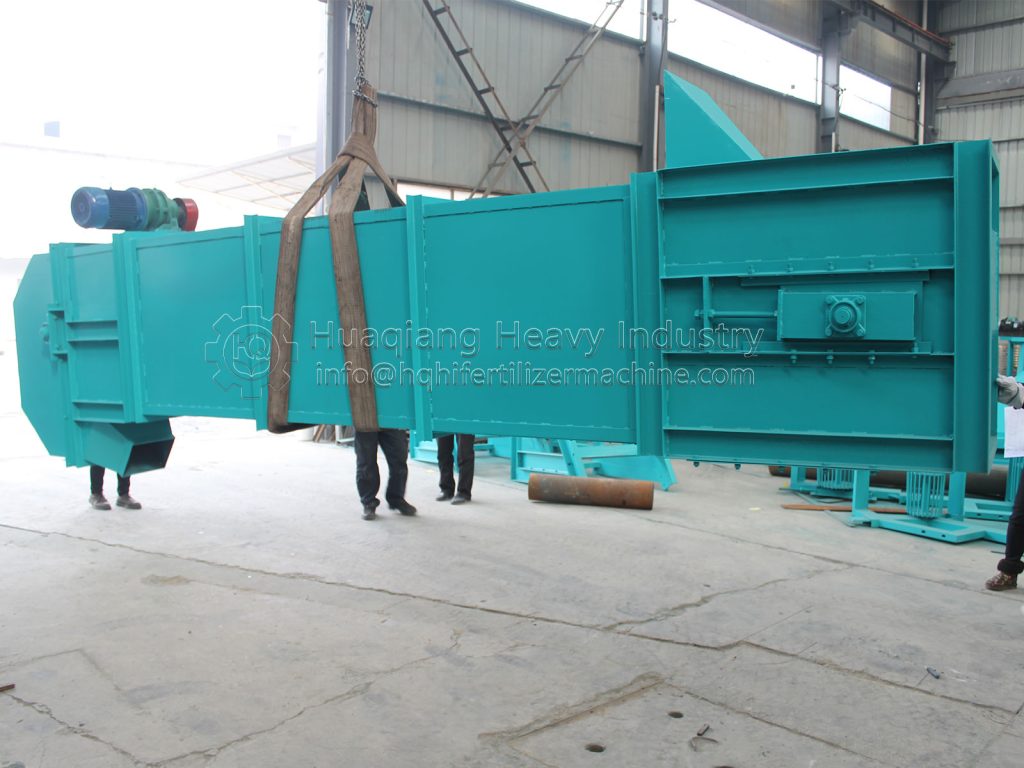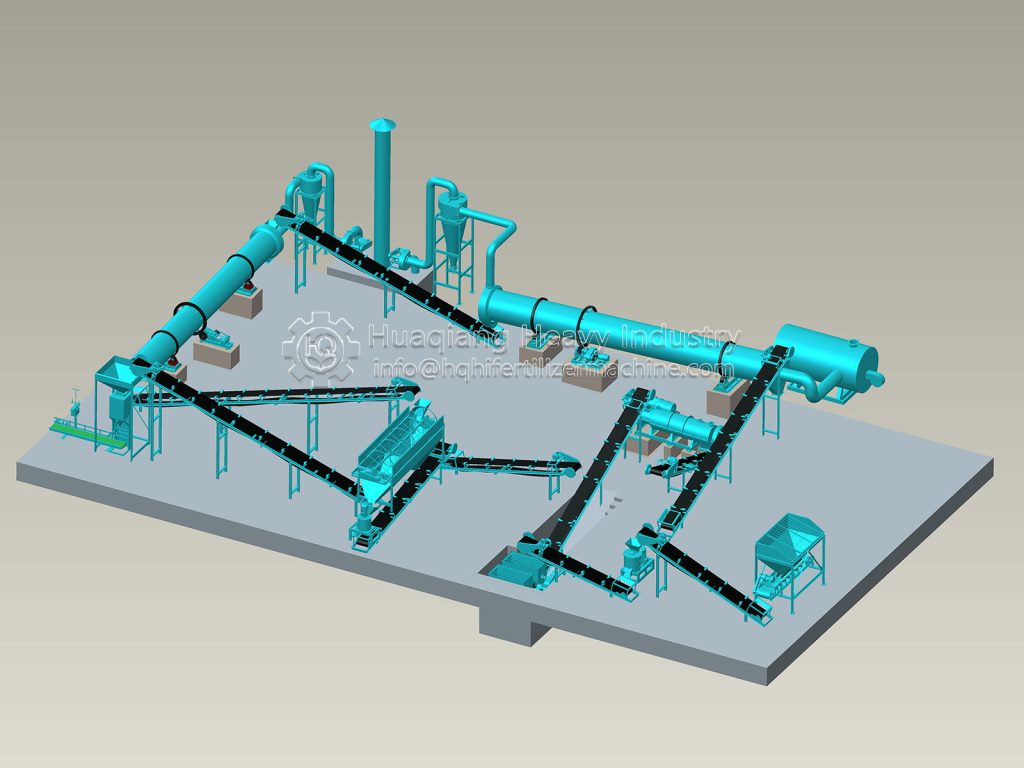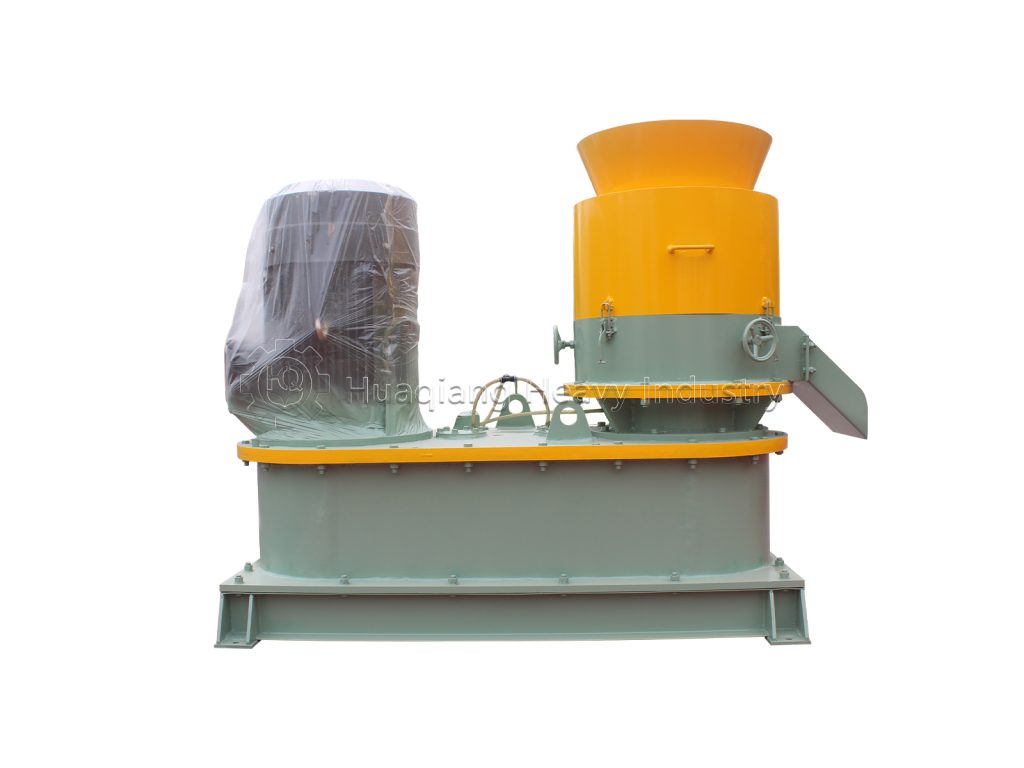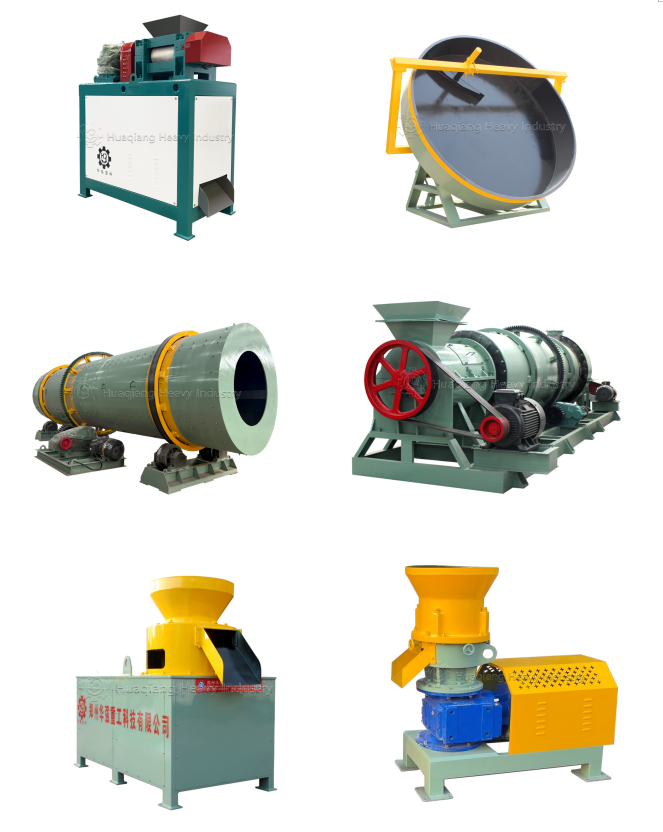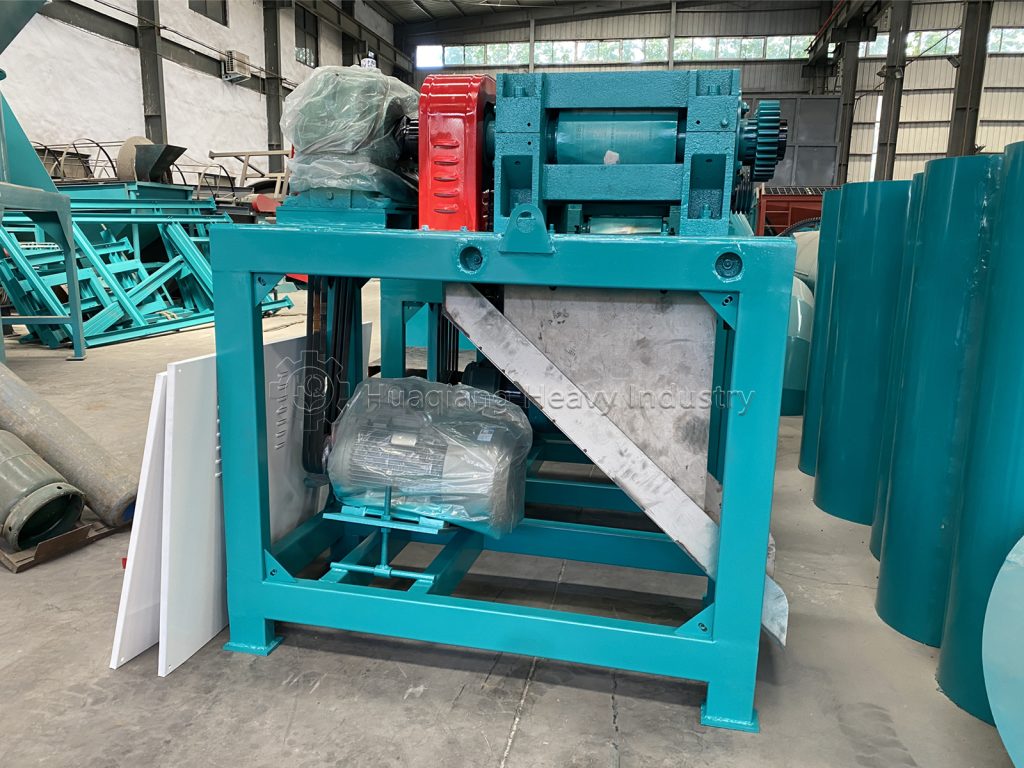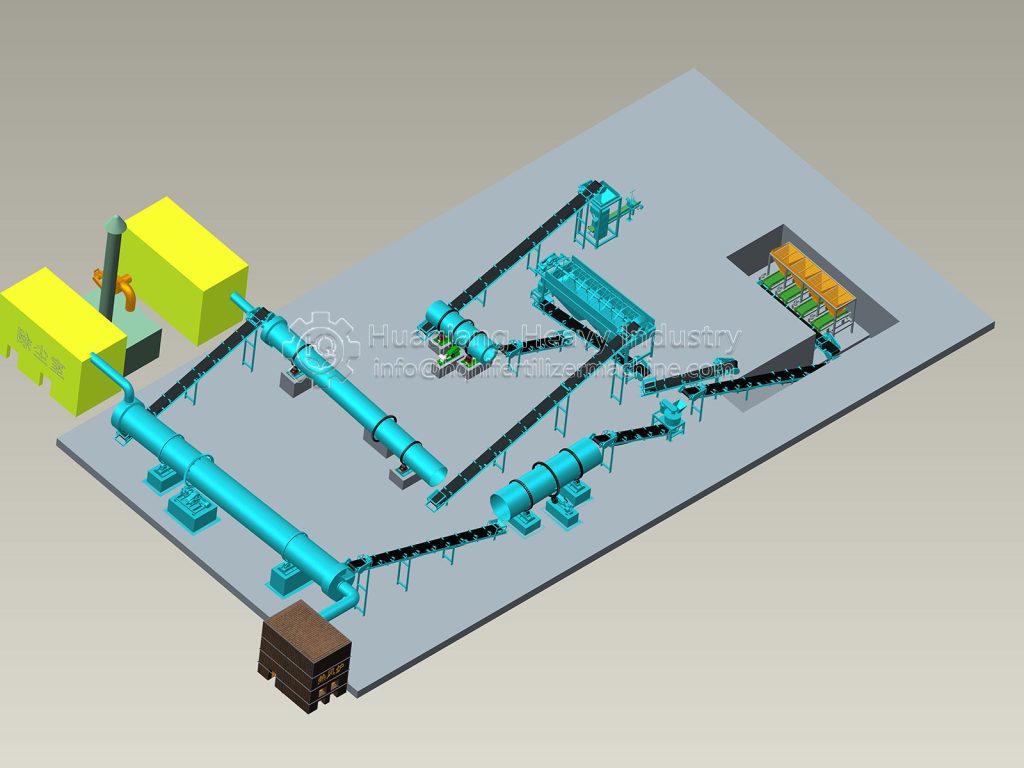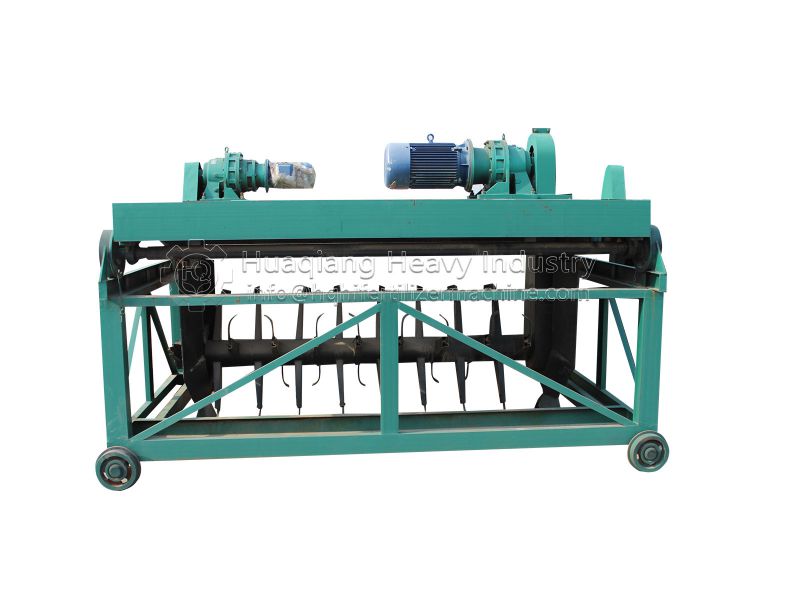In modern fertilizer production, the BB Fertilizer Blender (Bulk Blend Fertilizer equipment) and NPK compound fertilizer manufacturing processes may appear completely different at first glance, but in reality, they complement each other perfectly. Years of research have proven that the ingenious combination of these two processes can create fertilizer products of exceptional quality.
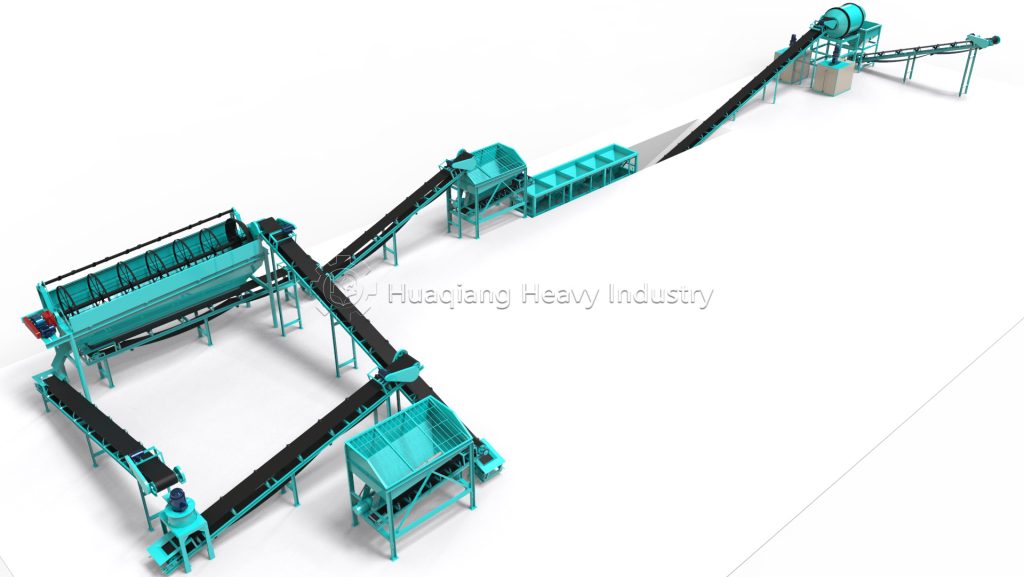
Particle Uniformity: A Shared Quality Objective
Whether in BB blending processes or NPK compound fertilizer production, particle uniformity serves as a core quality indicator. Research indicates that high-quality fertilizers should possess characteristics such as uniform particle size, low moisture content, high granule strength, and resistance to caking during storage. The BB blending process places particular emphasis on consistency in raw material particle size – requiring not only consistent upper and lower size limits but also similar particle size distribution. This requirement aligns perfectly with the quality control points of NPK granulation processes.
Process Complementarity: Synergistic Effects Where 1+1>2
The granulation stage in NPK compound fertilizer production provides an ideal raw material foundation for BB blending. Through precisely controlled granulation processes, NPK particles with highly consistent size distribution can be produced – exactly what the BB blending process requires. Conversely, the BB blending process offers NPK fertilizers the flexibility to adjust nutrient ratios, meeting the customized needs of crop growth.
Quality Control: Different Paths Leading to the Same Destination
Analyzing the particle size distribution of different raw materials before blending is a crucial step in the BB process, and this quality control philosophy applies equally to NPK production. Both processes aim to solve industry challenges such as fertilizer caking and uneven nutrient distribution – they simply approach these problems from different angles: one through physical blending, the other through chemical synthesis. Ultimately, both point toward the same goal: producing efficient, stable, high-quality fertilizers.
When the BB Fertilizer Blender meets NPK production technology, the result isn’t competition or replacement, but rather an ideal partnership. This combination preserves the advantage of flexible nutrient ratio adjustment inherent in blended fertilizers, while simultaneously overcoming the traditional blended fertilizer’s tendency to segregate through NPK granulation technology. Together, they provide modern agriculture with a more perfect fertilization solution.
